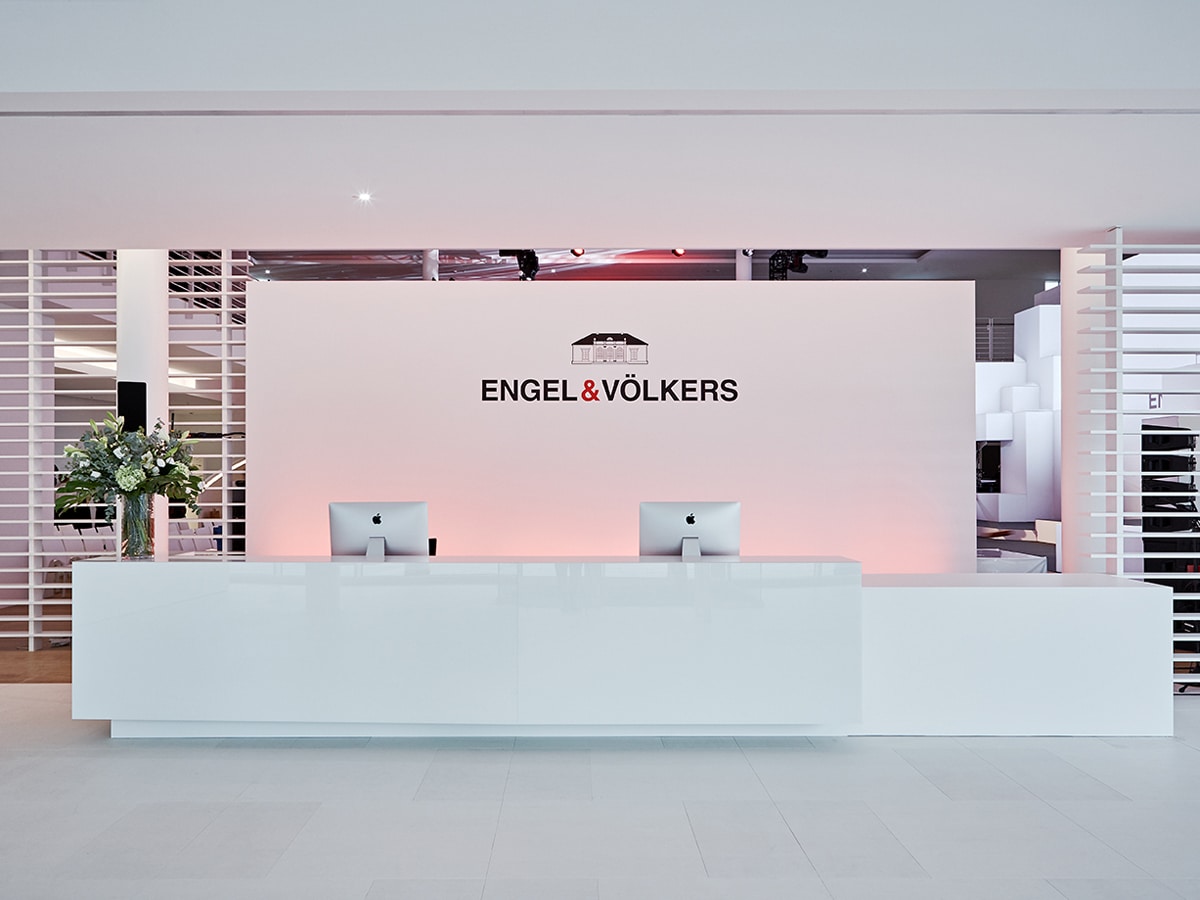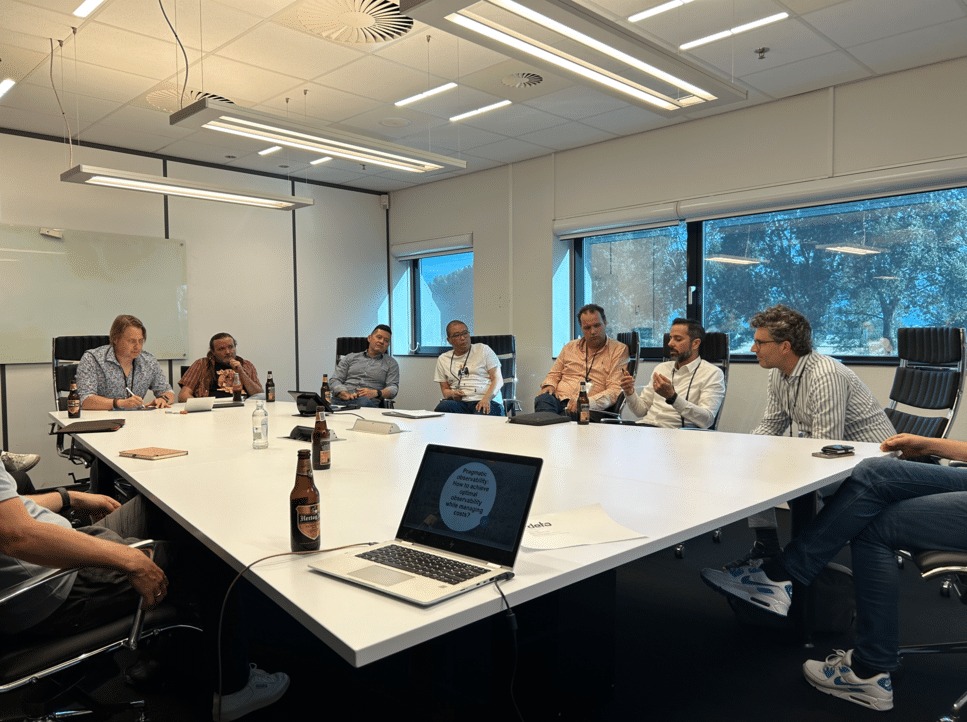In the latest in our #DevOpsQ&A, we speak with Nikolay Strum, Head of Platform Engineering @ HolidayCheck, a German based online portal that provides travel package bookings and reviews.
Nikolay discusses the challenges of sourcing and engaging technical talent in today’s market, stresses the importance of selling your company, your culture and your brand, and offers advice to those just starting out in the world of engineering.
Third Republic (TR): Could you explain a bit about the work that HolidayCheck does and the work you do for them?
Nikolay Strum (NS): HolidayCheck is platform for holiday makers, in mostly across Germany and German speaking countries, to find and book their next vacation. Our focus is on package and all-inclusive holidays. Our USP (Unique Selling Point) is that we have a vibrant community of people on our website who share their experiences of different vacations and different hotels. This provides people who book with us the ability to read reviews beforehand enabling them to book great hotels in various locations.
We are also an online travel agency, we have fully trained travel agents who work with us. If the website doesn’t provide enough information, or the customer can’t find what they’re looking for, then they can give us a call and speak with our highly trained travel agents.
TR: What is it that the engineering and technical teams do at HolidayCheck?
NS: The engineering teams essentially provide the code for the website, it’s all written in-house. My team, in particular the Platform Engineers, provide all the infrastructure for the website services. We are trying to make the developers lives easier, so that they don’t have to learn all the intricacies.
TR: How did you get into engineering and tech? Is it something you grew up being interested in?
NS: I was always interested in computers pretty early on, we’re talking 80s/90s, in particular with Linux, I got involved in the mid-90s. I went to university, where I didn’t actually study computer science but physics, and after I graduated I got my first job in a software security company building firewalls. It was more of a classical system administration role, so I was responsible for all the internal IT.
Then in 2009 I was pretty early jumping on the DevOps train – I used my experience in classical system administration and introduced configuration management tools and this is where I got introduced to the world of DevOps. I then got into programming with Ruby and took an opportunity with a new firm as a full-stack web developer. I was developing two websites that were written in Ruby, and that was how I got more into the software engineering side of things.
After couple of years, I found myself losing interest slightly and realised I preferred working on the infrastructure side of things, so got a job as a DevOps engineer. I was again, writing code in Ruby around automation, deployment tooling etc., and this was even before we had container orchestrators, I believe Docker was just introduced, but we build a lot of things ourselves.
I eventually decided I wanted to do less engineering and get into management, which is why, four and half years ago, I joined HolidayCheck as Team Lead for the Operations Engineering team. Now I’m the Head of Platform Engineering.
TR: How do you think how we source technical talent has changed over recent years with the rise in technology?
NS: From my point of view, on the sourcing side of things, it actually hasn’t changed so much, and that’s unfortunate. I see a large gap between open positions and qualified engineers. For us it has been really difficult to get in touch with engineers with the relevant skillsets. We do get quite a few applications to our open positions, but at least 50% of these don’t have the required skillsets.
Once we do find suitable candidates and get them to interview stage, due to the competitiveness of the market, we have to be careful to check qualifications and experience, but something else that is definitely key, is actively selling the company. It seems as though everyone has a great job, so they need to be convinced as to why they should leave and join your company.
What I am yearning for, is a new way of solving this issue and sourcing and engaging this talent.
TR: Based on this then, how do you guys go about selling yourselves and the engineering team in particular?
NS: This is actually one of our current struggles. We need to work on building the brand and getting out there as a good employer. I think we need to get out there more in terms of networking, meetups, conferences etc. It’s important to motivate staff to speak about the brand and also be seen to doing interesting things both internally and externally.
Transparency is also incredibly important. Being upfront and honest about the company culture, for example, we have a strong focus on growth management at HolidayCheck, so it’s important to make that prominent on our careers page. Another big selling point for us at HolidayCheck is the flexibility and opportunity for remote working that we offer. We have two people on the Platform Engineering team that work virtually 100% remotely.
TR: So are you finding that more and more candidates are placing importance on company culture and flexibility over salary? Or with the tech market being so competitive, is salary still key?
NS: It depends on where candidates are coming from. If you find someone who is in a good job, at a nice company, and a good salary – they want to see improvements in all areas, including salary.
Maybe if a candidate is relocating, culture is not so important, as they have other priorities. In Munich, in particular, the problem is we have lots of engineers in the city but virtually all of them are already placed in good positions, so in this respect we have to show the culture and differentiate from other companies.
TR: Have you found there is a shortage of skills or a skills gap in the market at the moment?
NS: Absolutely, if you are looking for someone with some technical skills, there is an abundance of candidates. However, if you’re looking for highly qualified people, which is our primary target, it is very difficult.
The particular challenge that we have with Platform Engineering, is that we are trying to find people working on the intersection of code and infrastructure – basically, Google SREs. So, we have to compromise – either we focus on Software Engineers who want to get into systems and infrastructure, which is very few people, or we focus on DevOps Engineers who are interested in picking up the programming skills, of which there are more, but still not many.
TR: Do you think this driving a change of candidate behaviours?
NS: Definitely, people don’t look for work anymore – it’s a passive market. Without active sourcing you basically have no chance to find qualified candidates. The challenge is to source and then provide these candidates with an interesting offer.
TR: Do you think that the rise in digital and technology will continue to influence and alter the industry?
NS: I think so, what I want to see more of is companies engaging and sourcing talent in new ways, deviating from traditional methods. People are so used to getting emails and messages about roles all the time, so they have already built up their defences. I’m excited about approaches where companies try to turn this around again, and to have people get involved and engaged with the company beforehand.
TR: Do you think that recruitment agencies can provide value in these competitive, fast-moving markets?
NS: I’m pretty convinced they can. Having done sourcing myself, I know how difficult it is in this market, so if you can delegate that to an external party and they are successful in delivering relevant candidates, then it’s absolutely worth it.
The issue that I see, is that lots of recruitment agencies lack the knowledge of the domain. Some recruiters don’t understand the position that they have been asked to fill, so struggle to sell the role, or they just collect a number of candidates based on keywords and send over a list of totally unqualified candidates. This is where I believe there’s room for agencies to differentiate themselves as specialists in their markets, when they have the knowledge of the domain and the roles they are trying to fill.
There is definitely the potential for recruitment agencies to innovate the process of sourcing and engaging talent. Coming up with new and interesting ways to source talent and add value.
TR: Are there any technical or digital trends that you are seeing or that you predict seeing more of in the future?
NS: One topic that has been growing within HolidayCheck more recently, is machine learning. We already have quite a big data analysis set up, and in the last year or so, we have increased our efforts on machine learning. We have lots of user reviews for hotels and we want to be able to provide people with more relevant suggestions for holidays based on the data.
The whole topic of machine learning has some interesting properties. It’s also different from an operational point of view, so that is presenting different challenges.
TR: Finally, what advice to those starting out their careers in engineering?
NS: From my point of view, different areas are moving closer together. With cloud platforms in particular, you can a few development teams to just integrate different services and have everything play together. What this means in the age of microservices, is that people must develop a much better understanding of complex adaptive systems.
I believe people need to develop higher level skills. To be a successful engineer of the future, being able to program and write production quality code is a basic level skill, and then you have all the higher level skills in order to understand interactions between moving parts. This, in my opinion, will differentiate the top performers from everybody else.
If you’re looking to source talent, get in touch with our specialist teams today!




